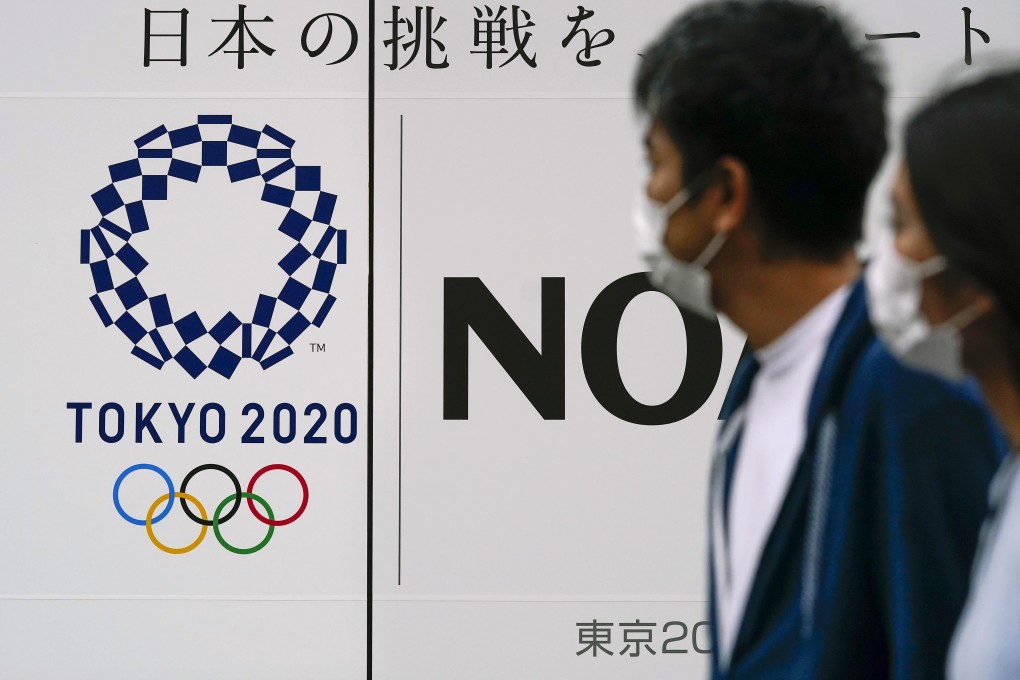Coronavirus: Japan cuts size of foreign Olympics delegations as opposition to Games grows
- Some 69,000 people, from athletes to diplomats, are expected to arrive at a time several Japanese prefectures are in a state of emergency
- While the figure is far below the original 200,000, one expert says it’s still ‘too high’, with China alone sending 500 media workers

With the virus still spreading in much of Japan, a state of emergency imposed on Tokyo and a number of other prefectures, and Covid-19 variants emerging, that figure has been cut by more than half.
Officials now expect 15,000 athletes to arrive in Japan, along with 10,000 coaches and team officials, and a further 43,000 accredited personnel, such as IOC staff and media. An estimated 25,000 people are due to attend the Paralympics.
Chinese government officials told the IOC on Tuesday that they would be sending more than 500 reporters to cover the Games.
“They need to bring the numbers down lower because I think that is still too many,” said Yoko Tsukamoto, a professor of infection control at the Health Sciences University of Hokkaido.
“Anything they can do to reduce the total number of people coming into Japan, they should do,” she said. “I don’t say that only because I’m worried that more people can come into Japan with new mutations of the virus, but also because we have a lot of cases here already, and foreigners could very easily be infected during the Games and then take it back to their home countries.